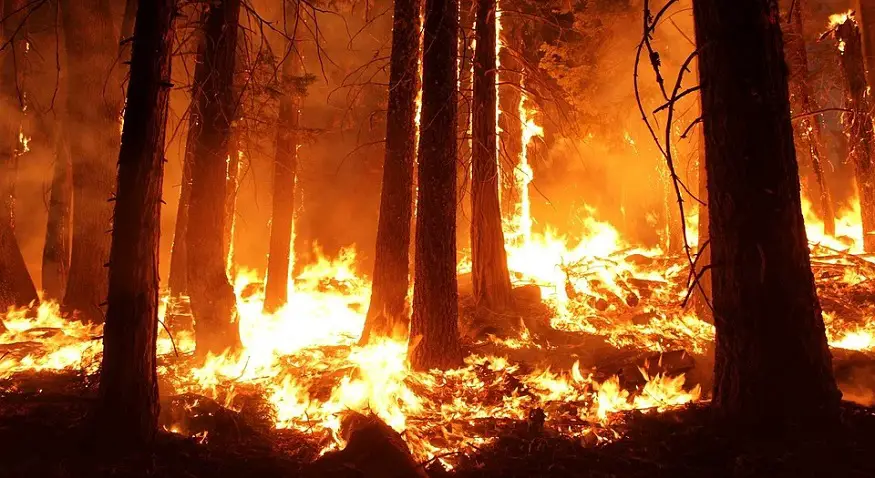
Siberian temperatures are breaking records, melting permafrost and lighting fires
July 15, 2020Russia’s northern region is typically the coldest in the world, but right now it’s burning.
Climate change is affecting polar regions faster than other areas, sending Siberian temperatures to levels they’ve never been before. This summer, the Arctic is warming up at a record-breaking rate, according to Greg Henry, a University of British Columbia climatologist and tundra researcher.
The Russian north has been experiencing temperatures far hotter than regions to its south.
“It’s remarkable – it’s scary,” said Henry of the Siberian temperatures this month. This week, an EU climate monitoring project reported on its recorded weather data from Siberia in June. They were a full 10 degrees Celsius higher than usual. Overall, there has been a 5 degrees Celsius increase.
This unusually high heat, combined with the dry conditions in the tundra, has sparked massive forest fires. At the time this article was written, there were 1.77 million hectares (4.37 million acres) of forests burning in the Russian far north. There is little doubt that the total burned area will eventually surpass last year’s total of 17 million hectares.
Researchers have also found that the Siberian temperatures are causing trends in unexpected areas.
For instance, the fires are now burning within 15 kilometers (less than 9.5 miles) from the Arctic ocean. “Usually there’s not much fuel to burn there, because it’s kept cold by the ocean, so you don’t get ignition of fires that far north,” said Henry.
That said, in 2020, Henry explained that the high temperatures have dried out the ground to the point that the situation in Siberia is entirely different from what it usually would be. “It’s a harbinger of what we are in for because the Arctic has been warming at twice the rate of the rest of the planet.”
The Siberian temperatures appear to be taking the brunt of the climate change impact for the moment. While the warm air pocket that sent temperatures soaring in northern Russia hold in place, the Canadian Arctic has been largely spared of the same extreme trends. This is not to say  that the North American Arctic has not been affected, but it has not suffered to quite the degree as northern Russia.
that the North American Arctic has not been affected, but it has not suffered to quite the degree as northern Russia.



 With over 15 years of reporting hydrogen news, we are your premier source for the latest updates and insights in hydrogen and renewable energy.
With over 15 years of reporting hydrogen news, we are your premier source for the latest updates and insights in hydrogen and renewable energy.